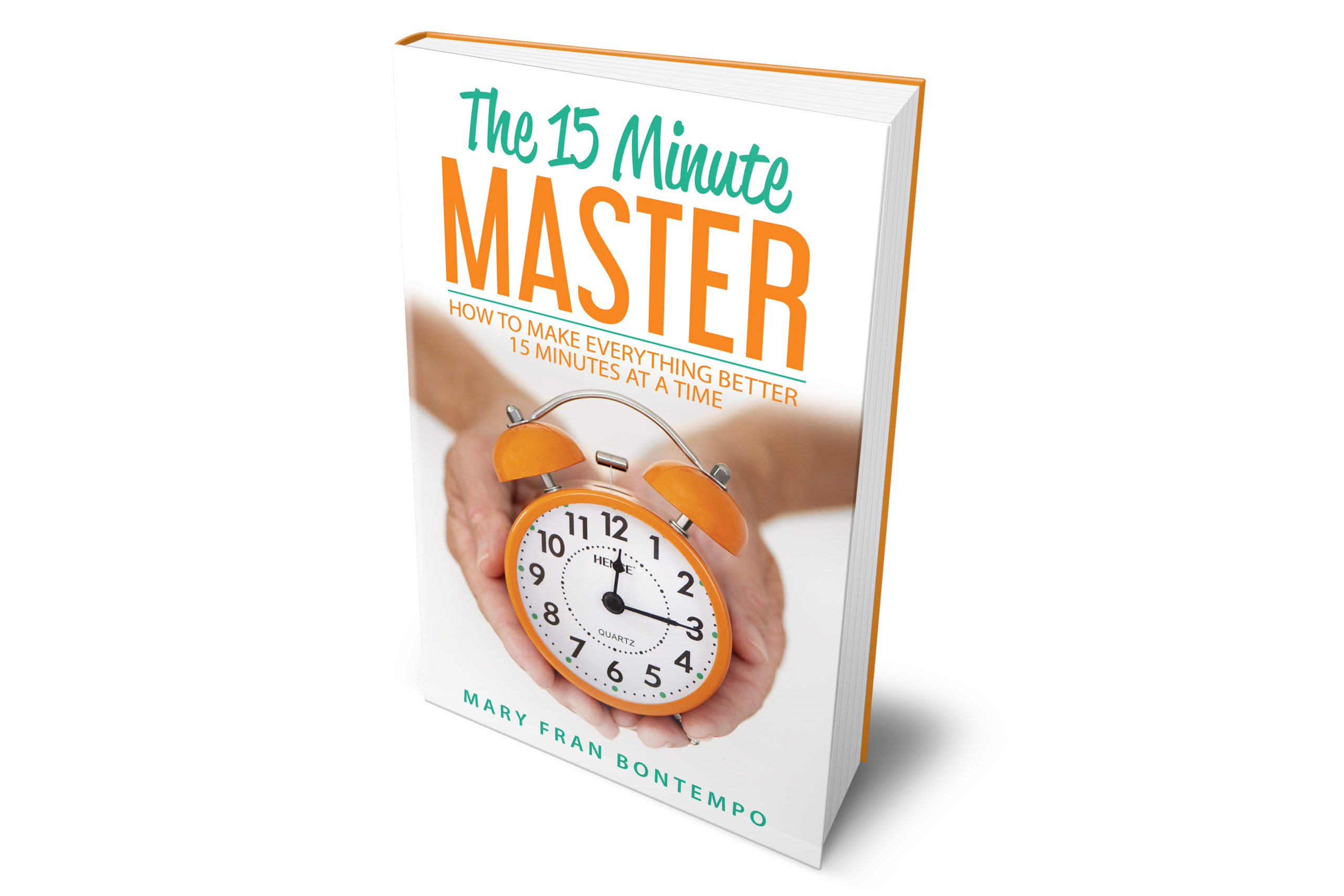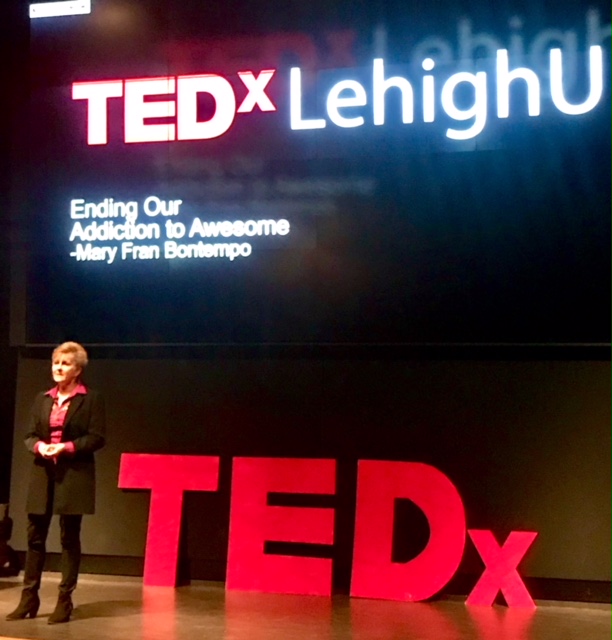Welcome to the first chapter of my brand new paranormal mystery novel Garlic for Breakfast.
If you missed the teaser last week, you can read it now by clicking the title under the “Labels” category on the left sidebar.
Enjoy! Garlic for Breakfast
Garlic for Breakfast
by
Carmen Ferreiro-Esteban
Earlier that day
Becquer called Sunday morning.
I was arguing with my daughter, at the time, because she wanted to go to a Halloween party, and I had said no. It was not only because the party started late that I opposed her going, but also because the outfit she planned to wear would have been too small had she been five, and she was fifteen. Caught in the middle of my impassioned speech to support my refusal, I picked up the receiver and barked a sharp hello.
A voice, deep and beguiling, answered mine. “Carla,” he said. “This is Becquer.”
At the memory of the dark eyes bearing on mine his name had evoked, my heart went into overdrive.
“We met last Sunday,” he explained after I returned his greeting, “at the Eastern College Writers Conference.”
As if I could forget. He had been the only agent to ask me for a full manuscript that day. The only male, too, in a sea of female agents, a fact that would have made him memorable even if he hadn’t had the impossible good looks of a pagan god. He was older than most agents at the conference, mid thirties was my guess, and, unlike all the others, he knew who I was.
“I read Two Moon Princess,” he had told me as we sat at one of the tables in the cafeteria that doubled as conference room. His voice, loud enough to be heard over the noise of other attendees furiously pitching their stories, was warm, creating a comforting intimacy between us. An intimacy his words had only enhanced.
He was the fifth agent to whom I had delivered my pitch that morning. Or maybe he was the sixth. I had lost count of how many had told me already, with a canned smile glued on their faces, that my project was not a good fit for their list. As for someone reading my published work, that was a first. Ever.
“You did?” I mumbled, trying to remember whether I had sent a resume with my application.
“I ran a search on you,” he said answering my unspoken question. “I’m interested in Spanish history,” he added. Nothing personal, his words implied.
“Your accent—”
“Still there after all these years.” He interrupted me as if to discourage further inquiry, then continued. “Tell me about you new novel. Did the boy kill the queen?”
“It’s a love story,” I told him, reluctant to give away the ending.
Becquer smiled, showing a perfect row of sharp teeth between his sensuous lips. “Marvelous,” he said. “I love love stories, especially when they have a tragic ending.”
****
“I finished your manuscript.” Becquer’s voice came through the phone, bringing me back to the present, “and would like to meet with you to discuss it. If it is all right.”
“Yes, of course,” I said trying and failing to sound nonchalant. “When?” I grabbed a pen and faced the calendar on the kitchen wall to mark the date.
“The Starbucks on State and Main in fifteen minutes?”
“Fifteen minutes? You mean, you’re here in Doylestown?”
“Exactly.”
I would have asked for more time but I could hear Madison screaming her head off up in her room, complaining to a friend probably about her impossible mother, and half my mind was busy blocking her, which meant I didn’t have a lot of brains left to think. So I agreed, only to panic as soon as I hung up. What was I thinking? I would never make it on time.
But I did. It took me a minute to run upstairs, give Madison an ultimatum—either she could go to the party in another costume or wear that one at home—and rush in and out of my room.
****
Becquer was sitting by one of the windows, a cup of coffee in front of him. He got up as I approached and, with a movement of his hand, invited me to the chair across from him, then asked me what I would like to drink.
“An espresso would be nice,” I said, taken aback by his old fashioned manners. When was the last time someone, male or female, had offered to get my order? Yes, I knew gentlemanly manners are a sign of male dominance, and I had endured enough of the drawbacks of a misogynic society as a child to be certain I didn’t want to live in one. But the way Becquer asked was not condescending, more like offering a courtesy to an equal. If he wanted to impress me, he succeeded. Somehow I thought he wasn’t trying.
He came back sooner than I expected and set the espresso in front of me: a small cup on a saucer, the European way. I thanked him, for the coffee and for the fact that he had brought me a real cup. How did he know, I wondered, that I missed the Spanish cafés and the coffee served like this, in white porcelain cups? Maybe he missed them too and he had guessed.
How strange the little things I remembered from my old life, the one I gave up when I followed my ex-husband to the States. I shook my head to get rid of the memories, and sipped my coffee. Becquer stared at me.
“I loved your story,” he said, when I put the cup down.
I waited, out of habit, for the ‘unfortunately it doesn’t fit my current list’ I was certain would follow, but it didn’t come.
“I hope you don’t have an agent yet for I would like to represent you,” he said instead.
“You want to represent me?”
“Yes, of course. You didn’t think I came all the way here to apologize for not taking you as a client, did you?”
“No, I suppose not.”
“I trust you have checked my credentials by now and know I’ve run my agency for ten years and been pretty successful placing my clients.”
He laughed when I blushed for he had guessed right.
“So?” he insisted.
I knew I had a speech prepared for this occasion stored somewhere in my brain. But when I searched my mind I couldn’t find it. I nodded. “Yes, I would like you to be my agent.”
“Good,” Becquer said and reached for the briefcase resting on the windowsill. He had beautiful hands, I noticed, wide and strong, an artist’s hands. Long ago, when I was young, I had looked at hands as a way to judge a possible suitor. Becquer’s would have passed the test big time. Not that it mattered anymore. I was not thinking of a suitor now. Haven’t since I’d married. Not even after the divorce. When you marry the devil you don’t want to try again.
“Are you all right?”
I blushed furiously under his dark stare and nodded.
Becquer pushed a paper towards me. “I took the liberty of bringing the contract with me,” he said. “Care to sign?”
“Now?”
“After you’ve read it, of course.”
An alarm went off in my head. Every piece of advice I had ever heard telling me to be cautious, to read the small print. But when I looked down and saw the contract, I flinched in surprise. It was handwritten, with the flowery calligraphy they don’t teach in schools anymore. A style that would have been outdated even in my time. Yet it was easy to read: the text was short and straightforward, the conditions better than the ones on a standard contract. No fine print to ponder.
I looked up. “It seems reasonable,” I said, then stopped, suddenly aware of the total silence around us. Everyone, I realized with a start, was frozen in place, as if they were actors in a movie I had paused by mistake.
“What happened?”
“Beatriz,” Becquer said and pointed at the door where a woman in a smart suit stood facing us, “my personal secretary. She found me.”
I looked from the woman back to him, and then again around us, taking in the impossible stillness of the place.
“Who are you?” I whispered.
Please come back next Friday for the next installment.
[/fusion_builder_column][/fusion_builder_row][/fusion_builder_container]







Can’t wait to hear more………I’m finishing up the Twilight books, currently 6/8 finished with New Dawn……….
I know. And don’t get me started with my girlfriends!
Devils and vampire men—you do keep good company! Very engaging indeed.